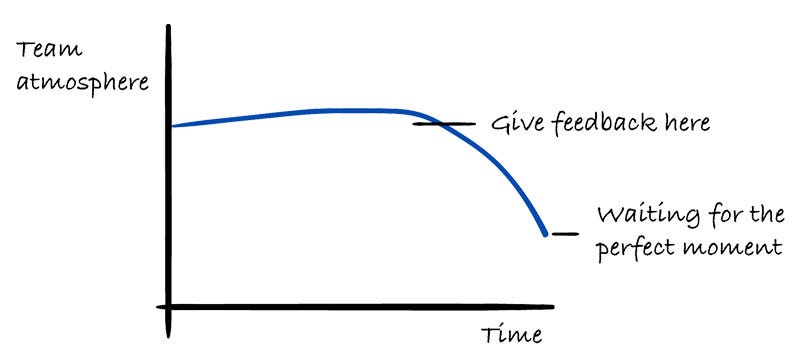How to handle underperformance
- Gregor Ojstersek from Engineering Leadership <gregorojstersek@substack.com>
- Hidden Recipient <hidden@emailshot.io>
IntroHow to handle underperformance is a topic that I regularly get questions about on LinkedIn and also in sessions of my course Senior Engineer to Lead: Grow and thrive in the role. It’s something that a lot of first-time managers struggle with and the reason is that it’s not such a straight-forward thing. It has a lot of nuances to it and it varies based on a specific case. The important thing is to act quickly and handle it in a firm yet kind way. And also you want to set up a great collaborative environment before, so that makes it easy to talk about it. I’ll be sharing all of my experience and knowledge on this topic in this article, make sure to read on! This is an article for paid subscribers, and here is the full index: - I’ve struggled with handling underperformance as a first-time manager Resources mentioned in the article:
Let’s go straight into it. I’ve struggled with handling underperformance as a first-time managerA lot of first-time managers struggle with handling underperformance. I have as well. I thought that if I wait a bit more time until I act → things are going to magically get better. But on the contrary, things got worse. The whole team atmosphere got worse because of it. If I had given feedback sooner, things would have been different at the time. But, before I do that, let’s go into the reason why it’s important to address it ASAP! What we tolerate becomes the new standardIf we fail to address underperformance, the high-performers in the team will see that, which can cause issues inside the team and you’ll lose the trust of people in the team as well. If we fail to address it, others will naturally be inclined to adjust their efforts accordingly as well, which can result in the whole team’s performance becoming mediocre. What you want to do is set correct standards for the team and praise people who are continuously hitting them. I recommend giving positive feedback publically and you want to address feedback for improvement privately. And if you see someone is not achieving these standards, you need to address it. Let’s go next straight into how I do it. This is my approach to handling underperformanceHere is the step-by-step approach that ensures that everyone is treated correctly and fairly... Subscribe to Engineering Leadership to unlock the rest.Become a paying subscriber of Engineering Leadership to get access to this post and other subscriber-only content. A subscription gets you:
|
Similar newsletters
There are other similar shared emails that you might be interested in:

